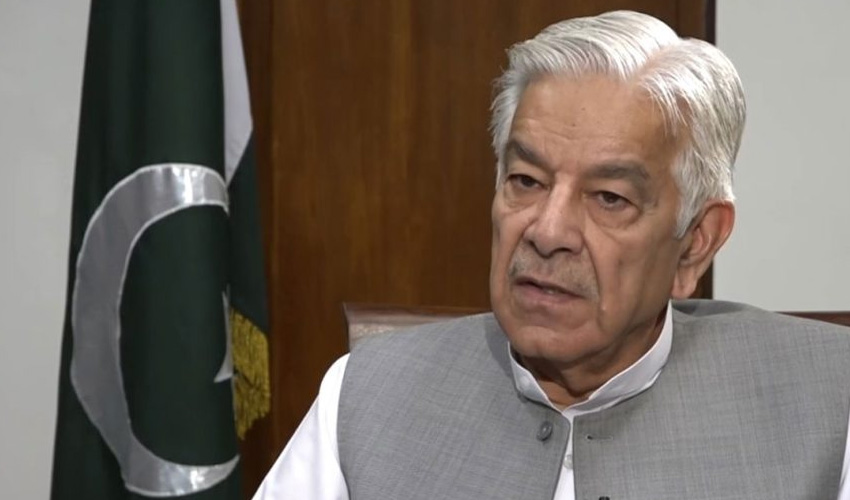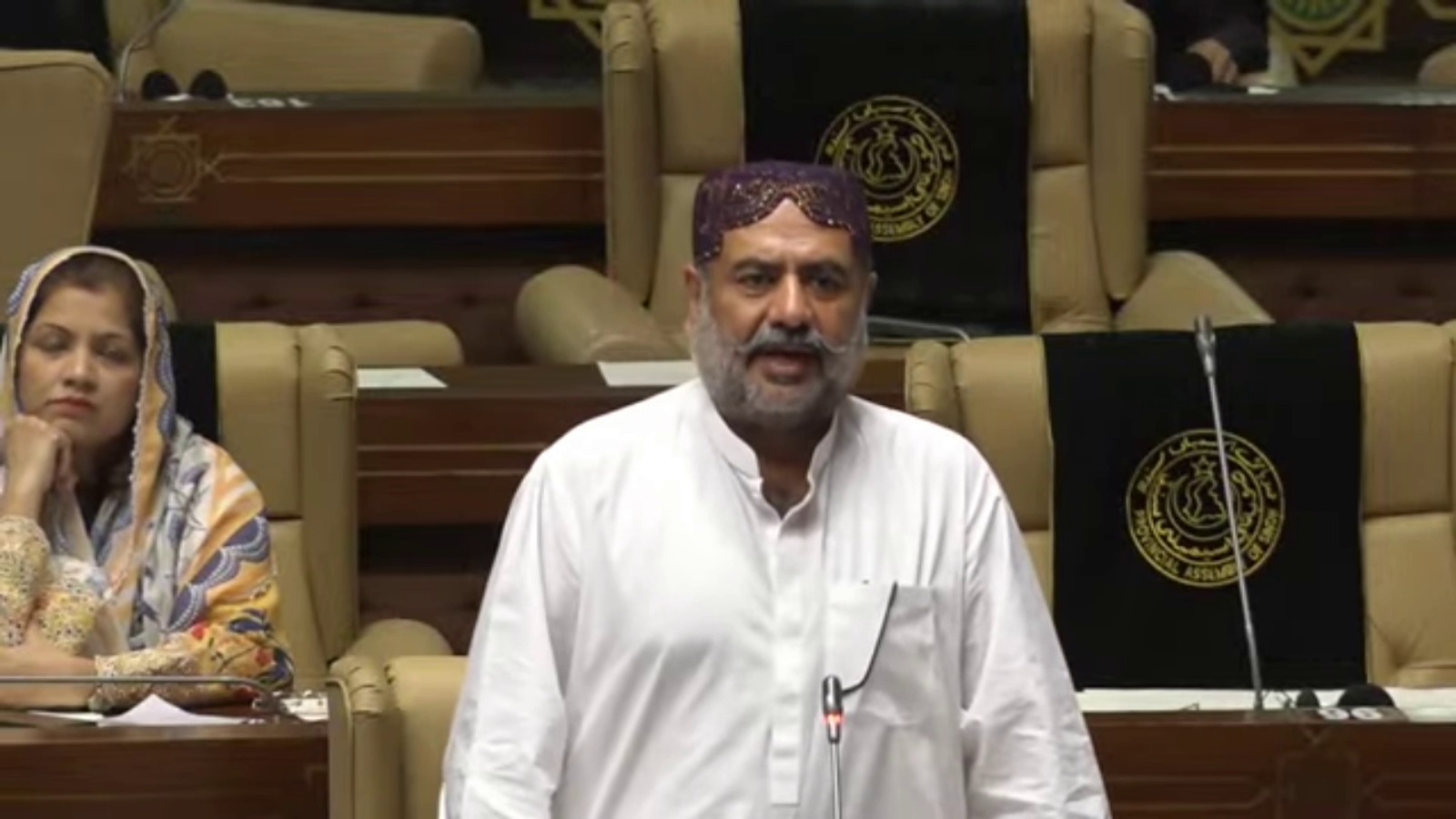POLITICS & POLICY MAKING

Defense Minister Khawaja Asif has defended the practice of phone tapping by security agencies, asserting its necessity in Pakistan's ongoing battle against terrorism. His comments come amid criticism from the Pakistan Tehreek-e-Insaf (PTI) and other quarters.
Support for Phone Tapping
In an interview with a foreign media outlet, Asif underscored the importance of phone tapping in the current security environment. "We are engaged in a war against terrorism. Phone tapping is essential under these circumstances," he stated unequivocally.
Criticism of PTI
Asif criticized PTI's objections to phone tapping as hypocritical, citing the party's previous acceptance of similar measures when in favorable relations with the establishment. "When the PTI founder was aligned with the establishment, everything seemed acceptable. Now, their stance has changed," Asif remarked.
Legal Standing and Authorization
The defense minister pointed out that phone tapping is proceeding through legal channels and is crucial for safeguarding national security interests. Recently, the federal government authorized the Inter-Services Intelligence (ISI) to tap phones and trace messages under specific conditions outlined in the Pakistan Telecommunication Act 1996.
Judicial and Public Concerns
However, recent judicial rulings have raised concerns about citizen surveillance and lawful interception management systems. A court order highlighted the need for the government to address legal implications and privacy concerns associated with mass surveillance practices.
Conclusion
Khawaja Asif emphasized that phone tapping must be viewed in the context of national security imperatives. He urged critics to consider the broader implications and the necessity of such measures in confronting terrorism and maintaining stability.

.jpg)
.jpg)
.jpg)
.jpg)